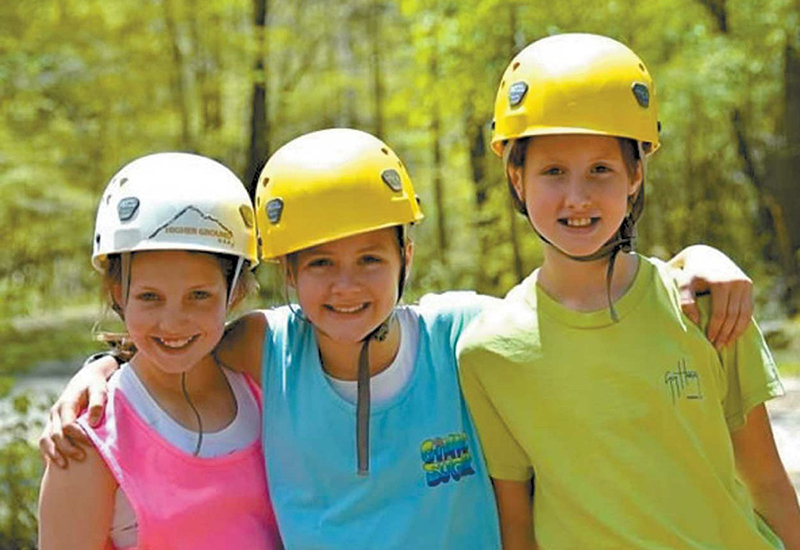The Applications of GPS Trackers in Summer Camps
The Applications of GPS Trackers in Summer Camps
GPS trackers have become invaluable tools in a variety of fields, including the tracking of people and animals. Their ability to provide real-time location data enhances safety, security, and management efficiency. One of the notable applications of GPS trackers is in summer camps, where ensuring the well-being of participants and managing resources effectively are top priorities. This essay explores several instances where GPS trackers have been utilized in summer camps to monitor both people and animals, highlighting their impact on safety and camp operations.

Case Study 1: Ensuring Camper Safety
In 2019, a large summer camp in the Rocky Mountains introduced GPS trackers to monitor the movements of campers during outdoor activities. The camp faced challenges in keeping track of children during hikes, nature explorations, and other excursions in the vast wilderness. By equipping each camper with a GPS tracker, camp counselors could monitor their locations in real-time using a centralized system. This not only ensured that no camper strayed too far from the group but also enabled quick response in case of an emergency. The implementation of GPS tracking significantly enhanced the safety of campers, providing peace of mind to both parents and camp staff.
Case Study 2: Managing Camp Resources
A summer camp in Maine, known for its diverse range of outdoor activities, used GPS trackers in 2020 to manage its equipment and staff more effectively. Each piece of equipment, such as kayaks and mountain bikes, was fitted with a GPS tracker. This allowed the camp management to monitor the usage and location of these resources in real-time. Similarly, staff members overseeing different activities were also equipped with GPS trackers to ensure they were available where needed. The real-time data helped in optimizing resource allocation, reducing instances of lost or misplaced equipment, and ensuring that staff could respond promptly to any issues. This improved operational efficiency and enhanced the overall camp experience.
Case Study 3: Monitoring Wildlife
A wildlife summer camp in Colorado, focused on educating children about native animals, integrated GPS trackers into their program in 2021. The camp collaborated with local wildlife experts to track the movements of certain animals, such as deer and birds, within the camp's vicinity. By using GPS trackers, campers could learn about animal behavior, migration patterns, and habitat use in an interactive way. The data collected from the GPS trackers was used for educational purposes, enriching the learning experience and fostering a deeper connection between the campers and the natural world. This innovative approach not only made the camp's curriculum more engaging but also contributed to local wildlife research efforts.
Case Study 4: Tracking Camp Pets
In 2022, a summer camp in upstate New York introduced a pet-friendly policy, allowing campers to bring their pets. To ensure the safety of both the pets and the campers, the camp provided GPS trackers for all the animals. This system allowed pet owners and camp staff to monitor the pets’ whereabouts at all times, preventing them from getting lost or wandering into hazardous areas. The GPS trackers also had built-in alerts for when pets moved outside designated safe zones, enabling immediate action. This initiative not only enhanced the safety and security of the pets but also added an element of reassurance for the campers and their families.
Conclusion
The application of GPS trackers in summer camps for tracking both people and animals has proven to be a significant advancement in ensuring safety, enhancing operational efficiency, and enriching educational experiences. From monitoring campers during outdoor activities and managing camp resources to tracking wildlife and ensuring the safety of camp pets, GPS technology offers diverse benefits. The case studies presented illustrate how GPS trackers can be effectively utilized in various scenarios within summer camps, demonstrating their value in creating a safer and more engaging environment. As technology continues to advance, the role of GPS trackers in summer camps is likely to expand, offering even greater benefits and innovations in camp management and participant safety.

